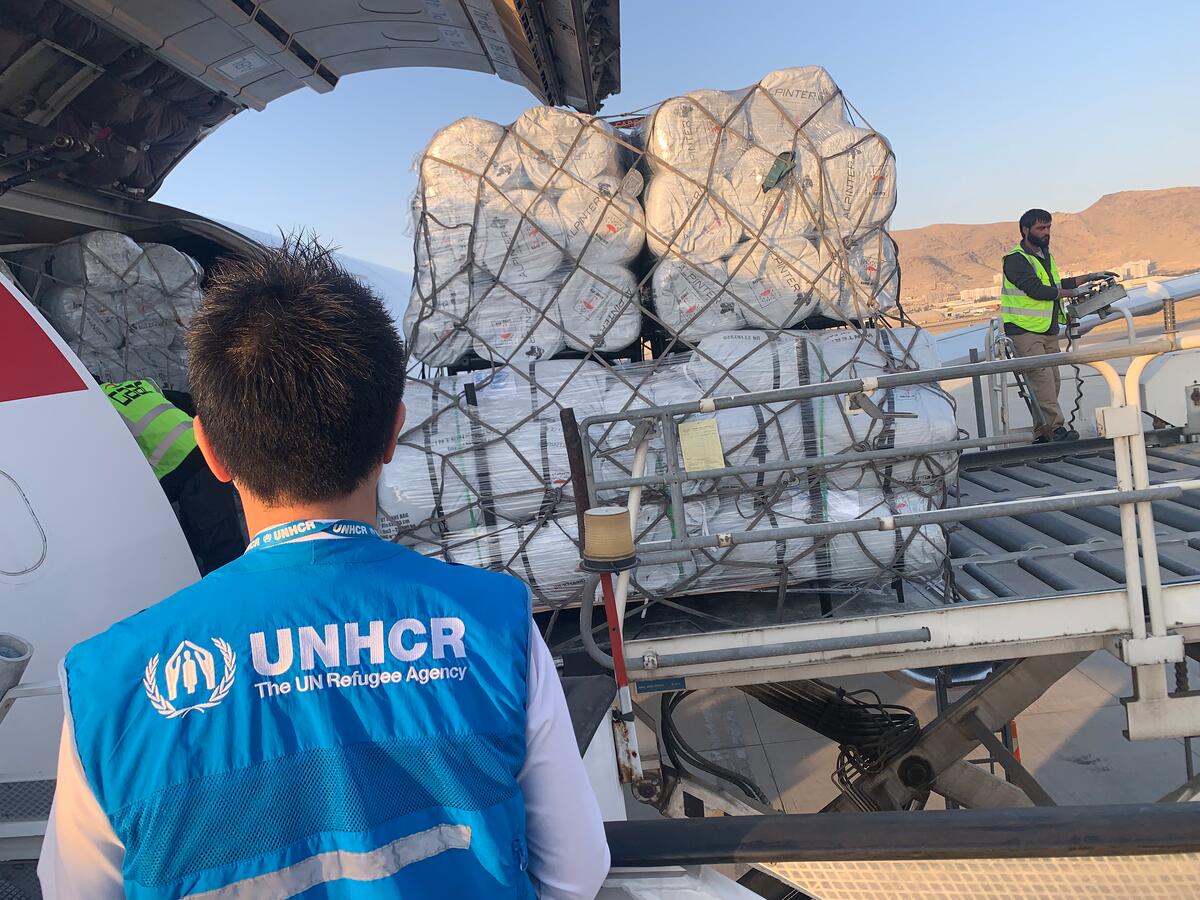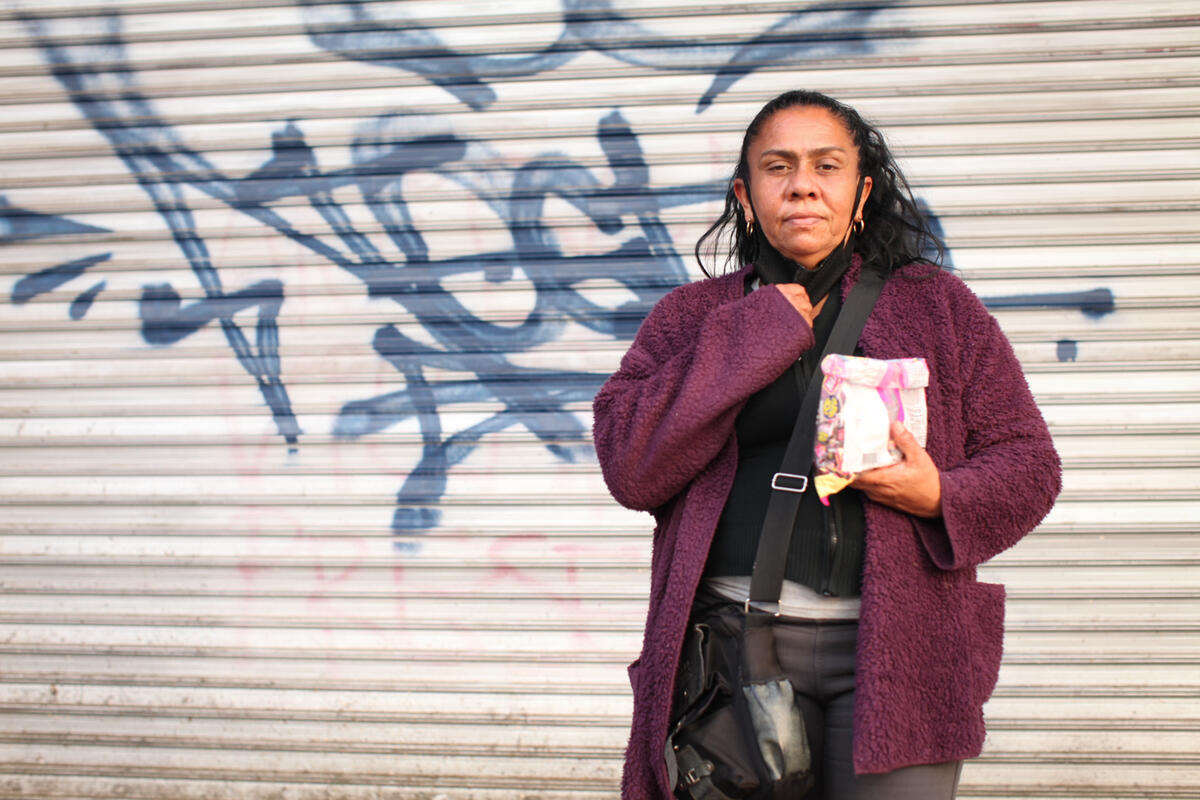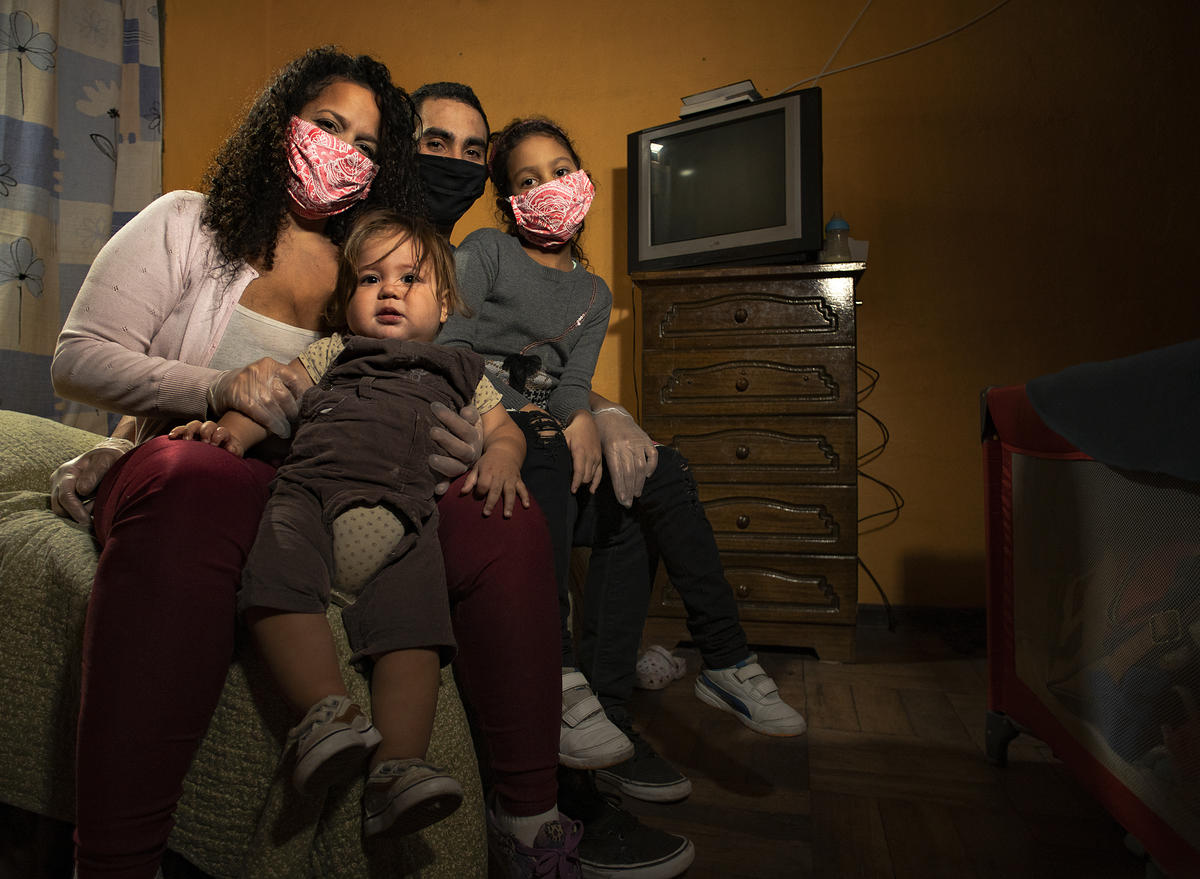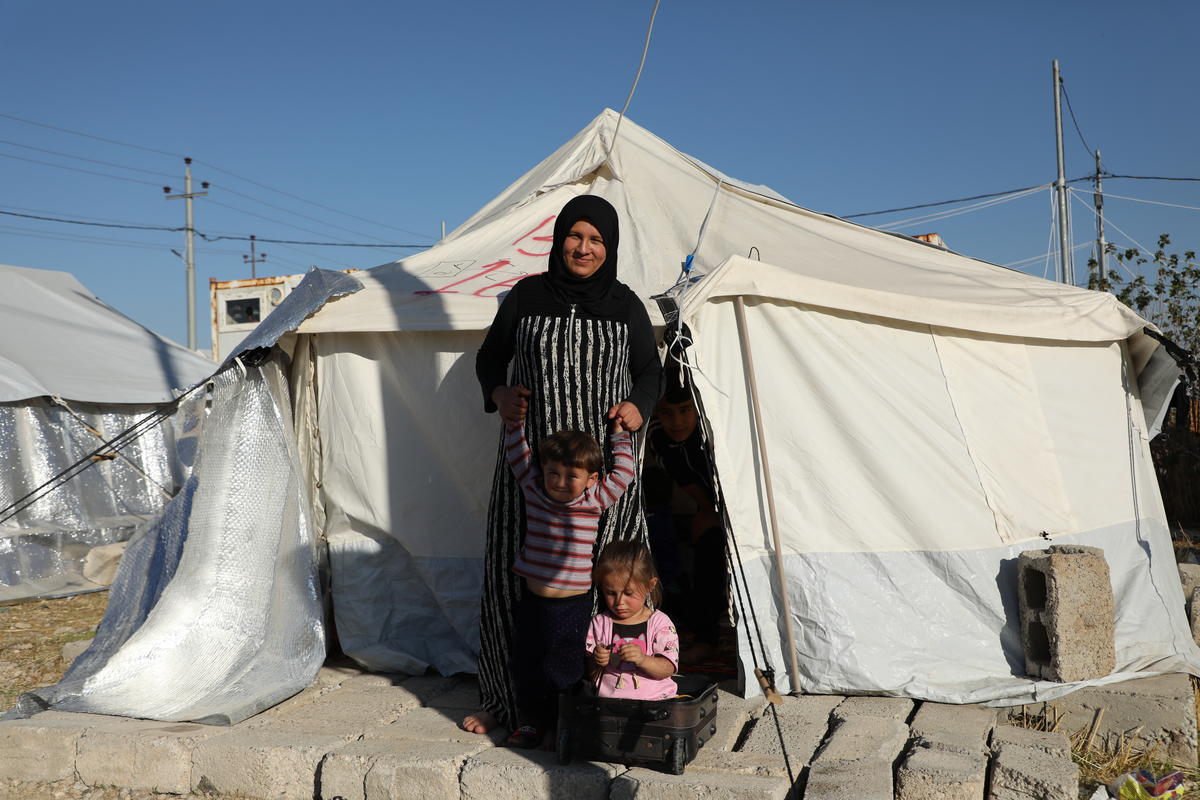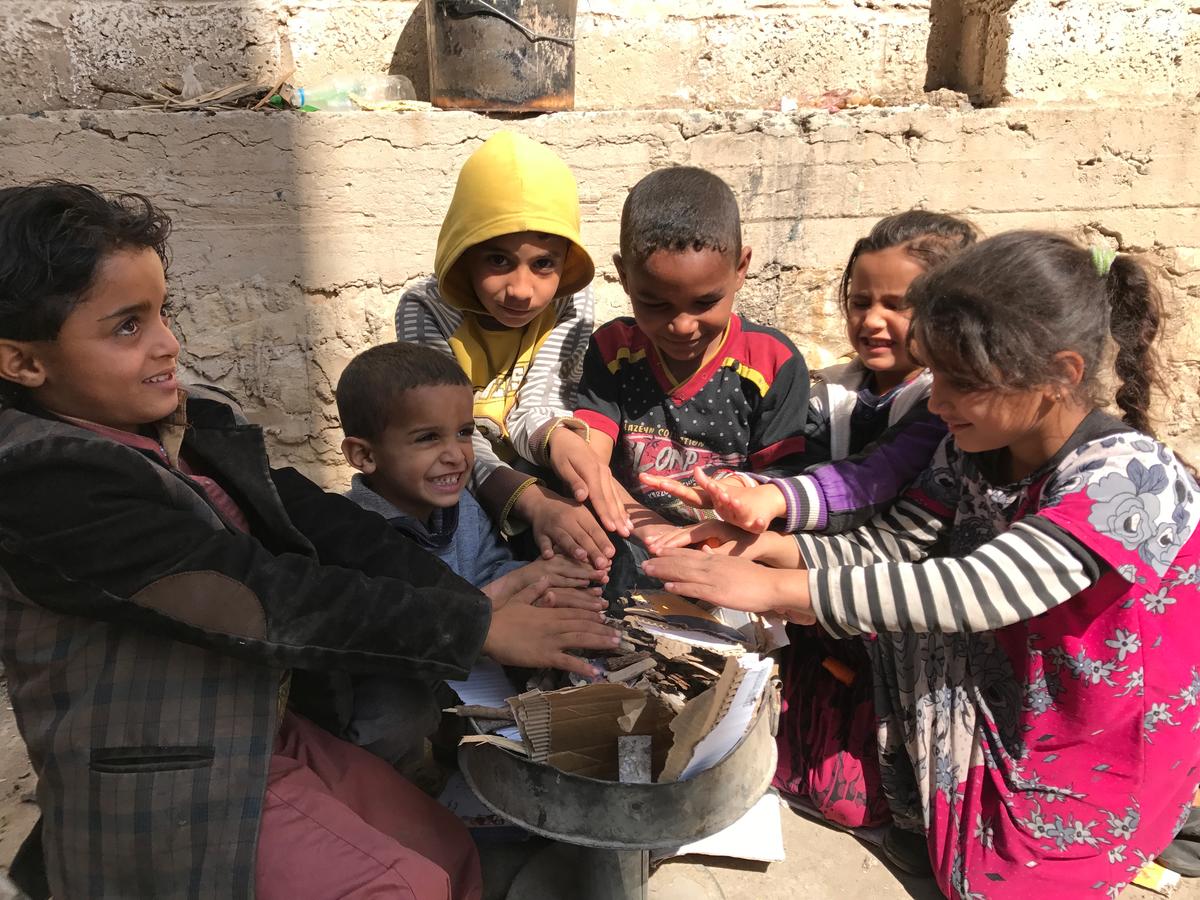Former Yugoslavia: high-level discussions
Former Yugoslavia: high-level discussions
The High Commissioner will chair another session of the Humanitarian Issues Working Group of the Dayton Peace Implementation Council next Wednesday, 8 December. The high-level working group generally meets twice a year to address issues related to the return of refugees and displaced person from the war in Bosnia.
Four years after the Dayton Accord, over 377,000 refugees who fled to countries in the region and in Western Europe have returned to Bosnia (343,500) and Croatia (33,900). Another 355,000 displaced internally within these two countries have returned to their homes. However, more than 1.5 million people still remain displaced from the Bosnian war in and outside the region - about a third of them remain as refugees in FRY.
This year's HIWG discussion will also cover the wider issues of displacement in Southeastern Europe, under the framework of the Stability Pact. This means that situations in the surrounding countries (FYR of Macedonia, Albania) affected by the Kosovo crisis and displacement will also be discussed.
UNHCR's Special Envoy, Dennis McNamara, will be here for a short briefing immediately after next Tuesday's regular morning briefing - hopefully around 11:15 a.m. McNamara, who is also DSRSG for humanitarian affairs, will be able to fill you in on the latest developments in the region, including the race against time for winterization in Kosovo, minorities, and the plight of hundreds of thousands of refugees and displaced in Serbia.
UNHCR's latest report on the winterization effort in Kosovo is available in the back of the room. Among other things, it notes that to date, UNHCR and its main shelter partners in Kosovo - ECHO and USAID - have distributed 89 percent of the planned 57,100 emergency shelter repair kits. These kits are designed to provide a dry room for 350,000 Kosovar families over the winter months.



